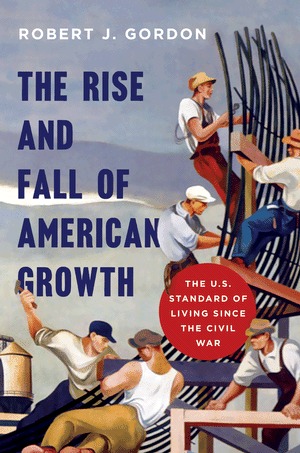In "Capitalism and Freedom," Nobel Laureate Milton Friedman presents a compelling case for the inseparability of economic liberty and political freedom, positing that the former is both a prerequisite for and an inherent component of the latter. Through incisive analysis and eloquent argumentation, Friedman dismantles the misconception that the state's intervention in the economy is benign or beneficial. Instead, he champions the virtues of a market-driven economy where individual choice and competitive capitalism not only foster economic growth but also underpin a free society. This seminal work transcends its era, offering timeless insights into the dynamics of freedom and the economy. Friedman's masterpiece is as provocative as it is persuasive, inviting readers to reconsider their assumptions about the role of government in our lives. With clarity and precision, "Capitalism and Freedom" articulates a vision where economic policies are evaluated not by their intentions but by their outcomes, advocating for a societal structure that maximizes both individual freedom and collective prosperity. As relevant today as when it was first published, Friedman's work continues to influence thoughts on economic policies and the fundamental principles of a free society, making it an essential read for anyone interested in the intersection of economics and liberty.
1
recommendations
recommendation
Similar recommendations
View all









This site is part of Amazon’s Associates Program. Purchasing books recommended by successful individuals through my links earns us a small commission, helping keep the site running, at no additional cost to you. Thank you for supporting our site!

